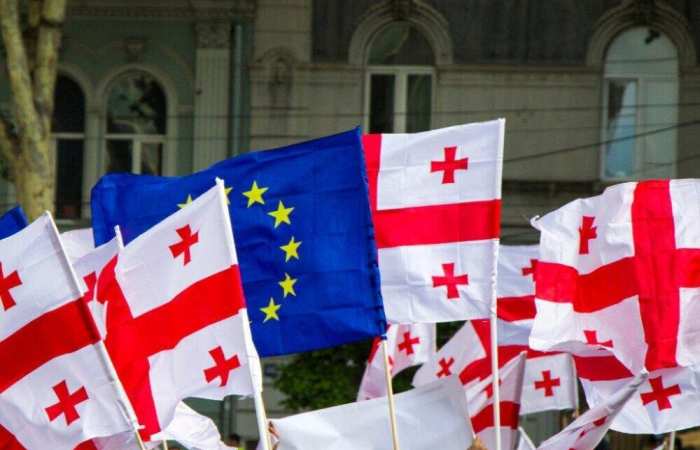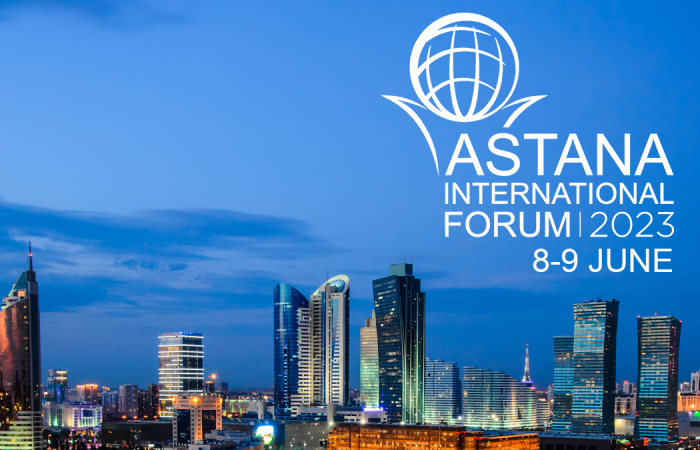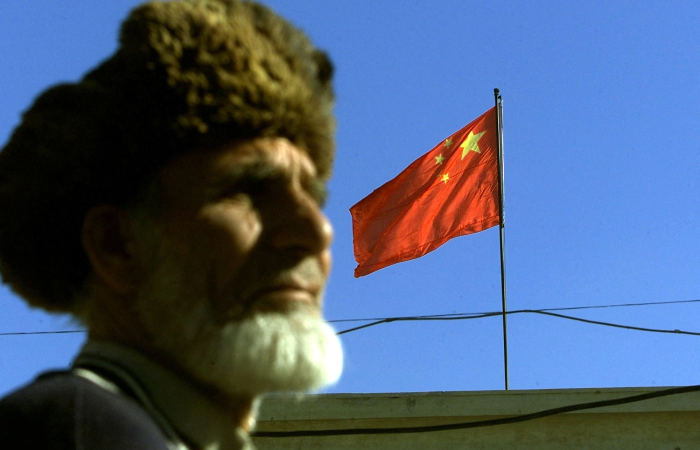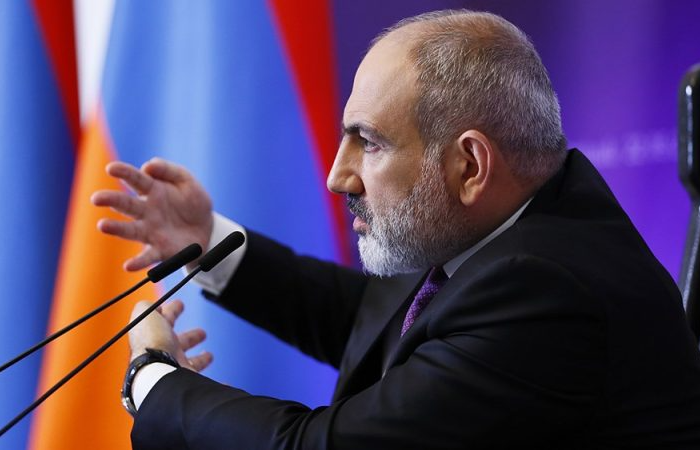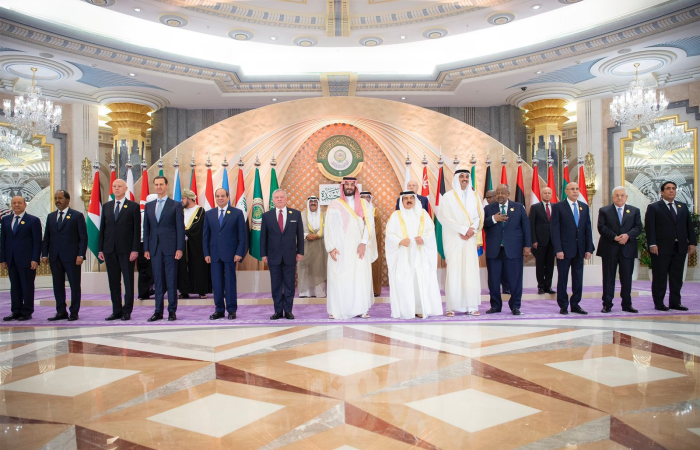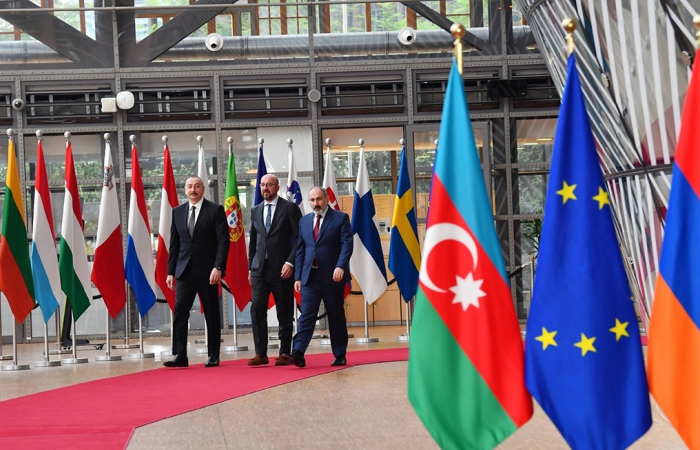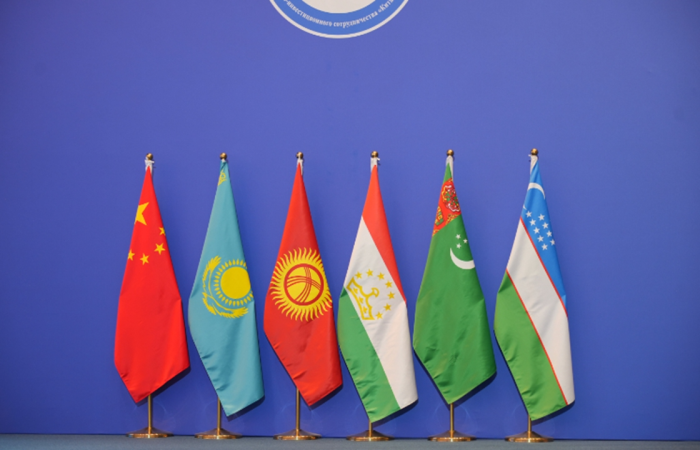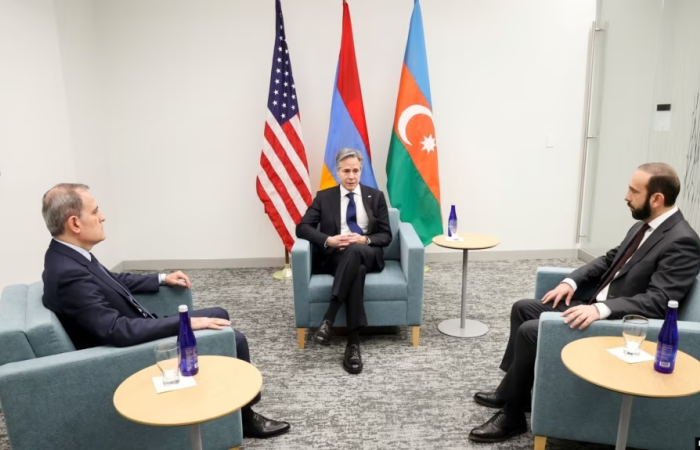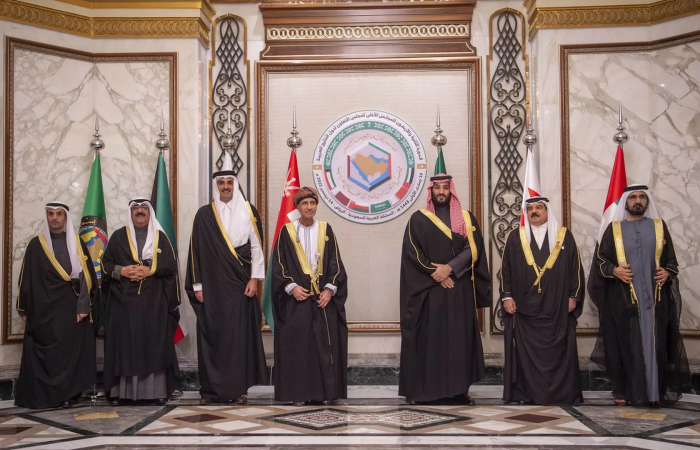Trending
Editorial: Give Georgia EU candidate status before the end of the year
15 June 2023
"These are difficult times for Georgia, for Europe, and for the whole world. Yet from every crisis, an opportunity arises. The Ukraine crisis has created conditions that open Georgia’s door for EU membership. Regardless of the rather unorthodox path this endeavour has taken, future generations of both Georgians and Europeans will look back at this historic moment, and say that the right thing was done," writes commonspace.eu in this editorial. "But before that, there is much work to be done. Candidate status will only be the beginning of a long, laborious and difficult process. And as a priority, the EU needs to develop a much more sophisticated communication strategy for dealing with Georgia and the Georgian people. It's useless preaching values or stating hard truths unless you can explain them in the way that your audience can understand them. Those that wanted to drive a wedge between Georgia and the EU have played on this weakness. If Georgia becomes a candidate country, dealing with this issue will become easier to deliver, even if achieving the objective will still be difficult."



